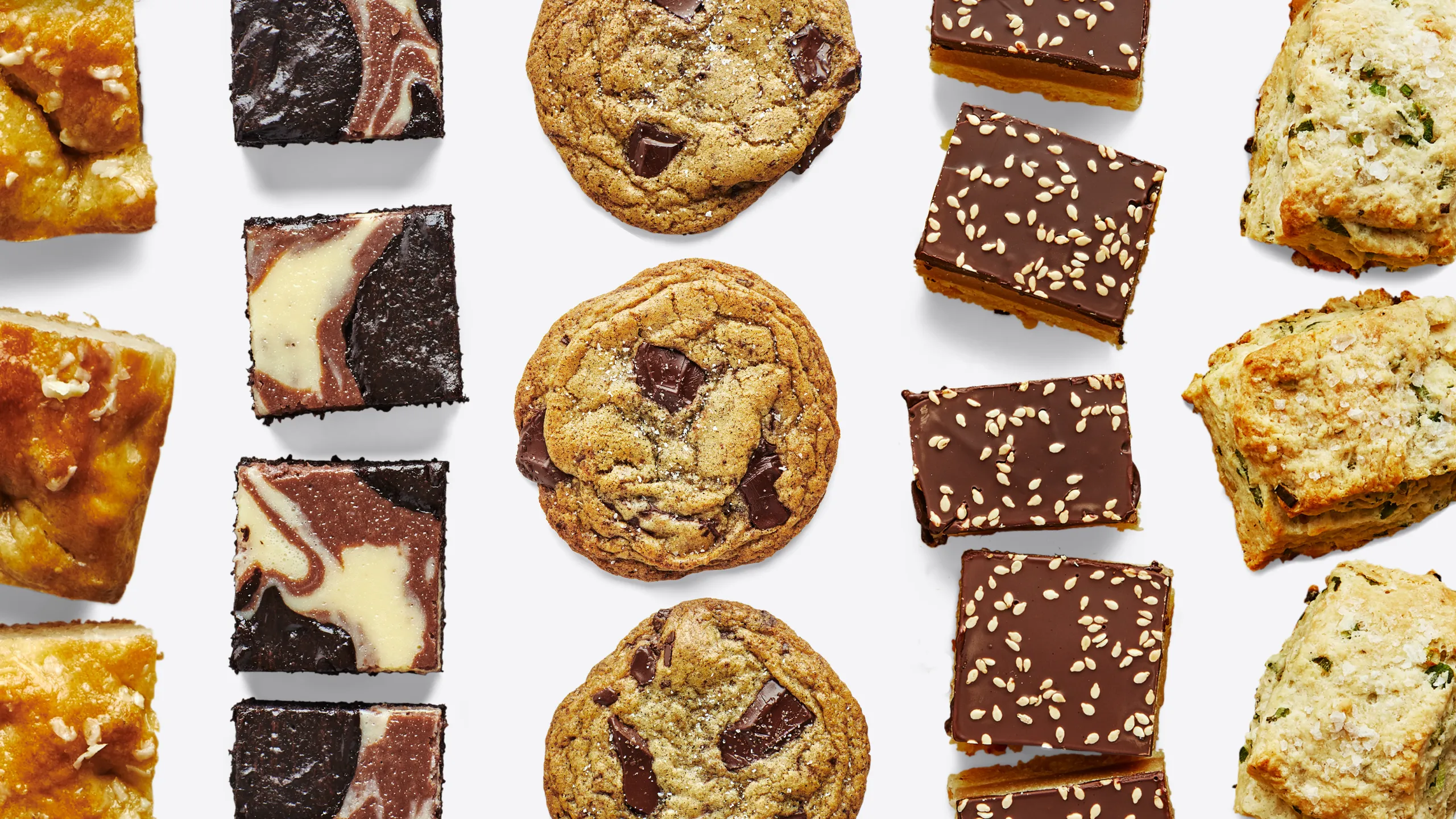
By: Rabbi Haim Y Mamane
Halachic Overview
Pat Yisrael refers to bread and other baked goods that have been either baked entirely by a Jew or had a Jew participate in specific steps during the initial stages of the baking process. This includes: placing the bread in the oven, turning on the oven, stoking the flames, or adding wood. If a Jew is not involved in any of these steps, even if they prepared or shaped the dough, the bread is not considered Pat Yisrael.
The Mishnah in Avodah Zarah[1] introduces the prohibition of pat akum, bread baked by a non-Jew. This concept, along with others, was enacted by Chazal to serve as a safeguard against intermarriage. This prohibition is not only limited to bread, rather, all bread-resembling items made from the five species of grains (wheat, barley, rye oats and spelt)—such as pat haba’ah b’kisanin— that were baked, are subject to pat akum. At one point in history,[2] due to the many challenges, the prohibition of pat akum was somewhat “amended.”[3] There is a halachic disagreement exactly to what extent this prohibition was actually amended.
According to both the Shulchan Aruch and the Rama, even after the takanah was relaxed, bread baked in a gentile’s home, known as pat baal ha’bayit, house-keeper’s bread, remained prohibited[4]. The distinction arises regarding pat palter, bread baked by commercial bakers. The Shulchan Aruch,[5] and thus the Sephardic communities took a more stringent stance, prohibiting pat palter unless under pressing circumstances (שעת הדחק), such as the unavailability of a Jewish baker or a comparable alternative. On the other hand, the Rama adopted a more lenient position, permitting pat palter even when a Jewish baker or an equal alternative is readily available. However, even according to the Rama,[6] one should be stringent during Aseret Yemei Teshuvah (the Ten Days of Repentance).
Historically, many of the greatest poskim, both Ashkenazi and Sephardi, ruled stringently[7] on the matter, prohibiting even pat palter without the presence of a שעת הדחק (pressing circumstance). The reason for this is clear: the true desire of Chazal was indeed to prohibit all forms of pat akum. However, due to the many challenges entailed in this takanah (decree), Chazal found an opening to permit it in certain scenarios. Nonetheless, when possible, one should strive to only eat pat Yisrael.
MK Policy
Today, many North American hechsherim adopted the Rama’s position as policy, certifying commercial products that qualify as pat palter. When applicable, they mark products or provide pat Yisrael lists, offering assistance to those who wish to maintain this kashrut standard year-round.
The MK has a clear policy regarding pat Yisrael. All baked products under the MK, including local establishments and factories, are certified as pat Yisrael. However, there are a few exceptions:
For par-baked items, such as Bridor products, they are considered pat Yisrael only if the final baking process is completed by a Jew. Once a product is fully baked according to the pat Yisrael guidelines, it no longer requires Jewish involvement.
It should be noted the leniencies of pat Yisrael apply specifically to baked goods. If the dough was cooked or deep fried, such as a donut, the item may fall under the category of bishul and could thus be subject to the criteria of bishul Yisrael.
It’s important to note these leniencies can only be applied if one is certain that both the ingredients and baking procedures are strictly kosher, something the general consumer may not always know. The modern-day food industry can be more complex than the conventional ingredients of flour, yeast, and water. Therefore, unless the baking procedure and ingredients are certified kosher, one cannot simply rely on the pat Palter leniency and visit any bakery in town. The above discussion is therefore generally only relevant to kosher products certified by agencies that permit pat palter.
If someone finds themselves in an area without kosher-certified products, it is advisable to consult a rav or a reliable Kashrut agency.
[1] ע”ז לה ע”ב.
[2] ע”ז לה ע”ב תוס’ ד”ה מכלל.
[3] משא”כ איסור שלקות (בישול עכו”ם) והיינו משום דפת הוי חיי נפש. ש”ך קי”ב ס”ק ו.
[4] בא”ח שנה ב’ הלכה ב’ וד’
[5] שם. עיין שך ס”ק ח’.
[6] או”ח ס’ תר”ג ומשנה ברורה. וכן יו”ד ס’ קי”ב ש”ך ס”ק ט.
[7] יו”ד קי”ב ש”ך ס”ק ט. ועיין מ”ש הערוך השולחן ס”ק י”ז וז”ל: והנה במדינתנו כולם זהירים תמיד בזה בכל השנה בכל ענין ובמקומות הרחוקים שישראל מועטים ואין פלטר ישראל אוכלים מפלטר שלהם אבל לא מפת בעל הבית אם לא כשאין לו מה לאכול כלל והוא רעב דאז ביכלתו לאכול גם פת בעה”ב וכן נכון לעשות ואין לשנות: